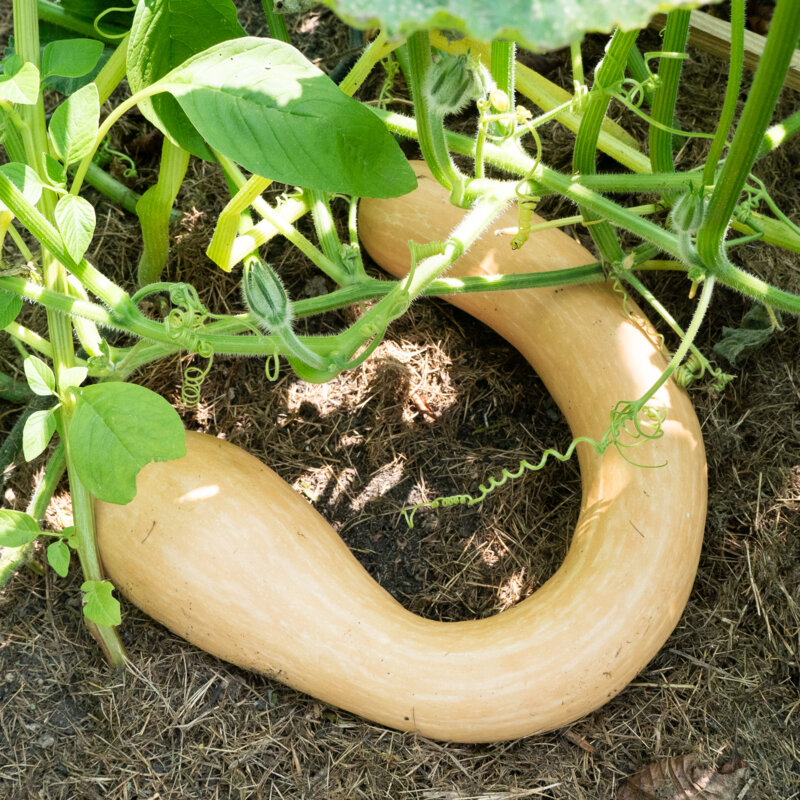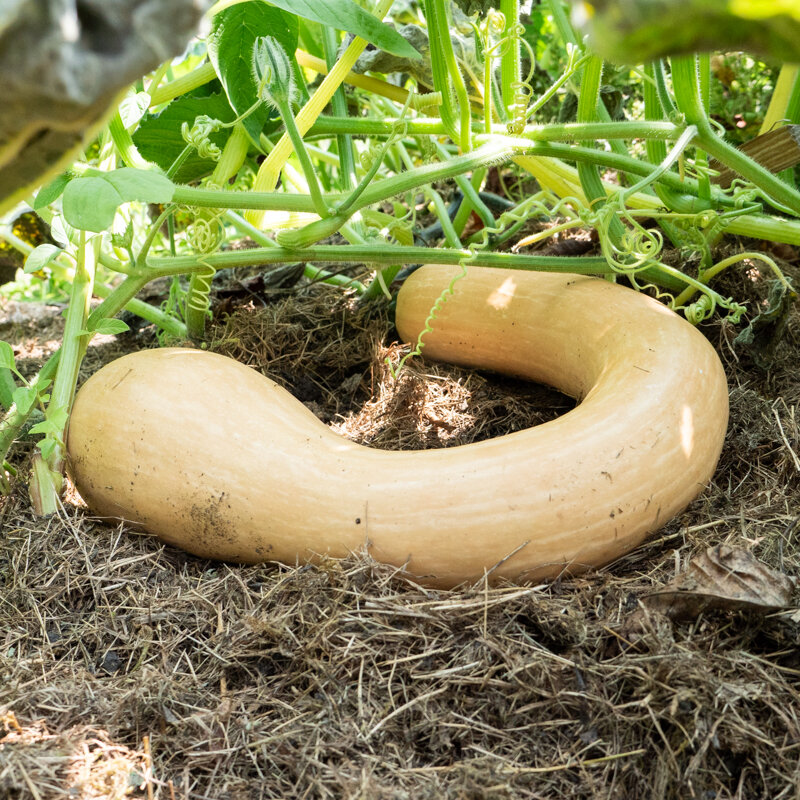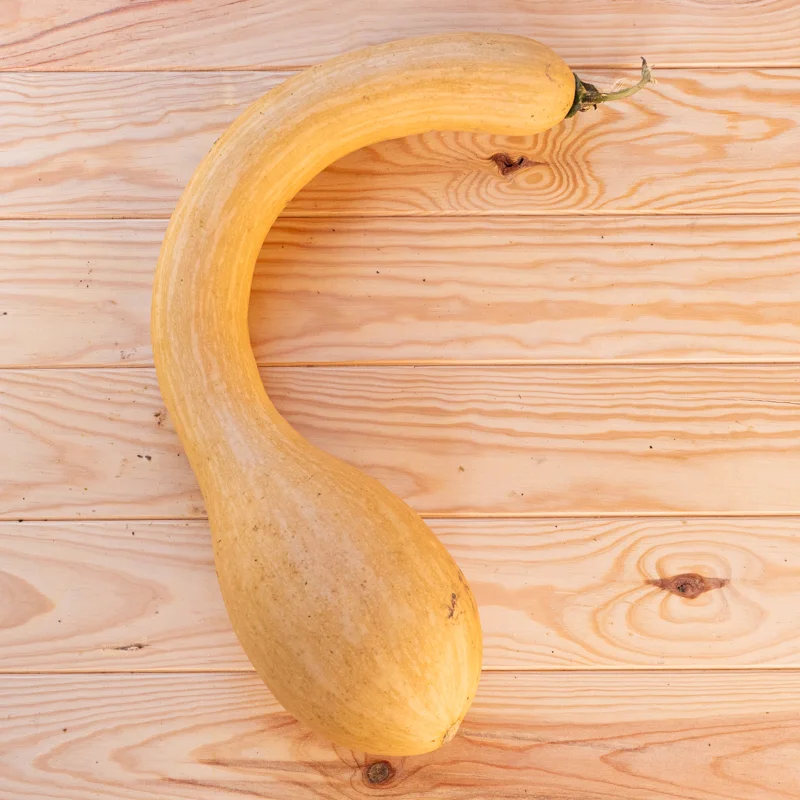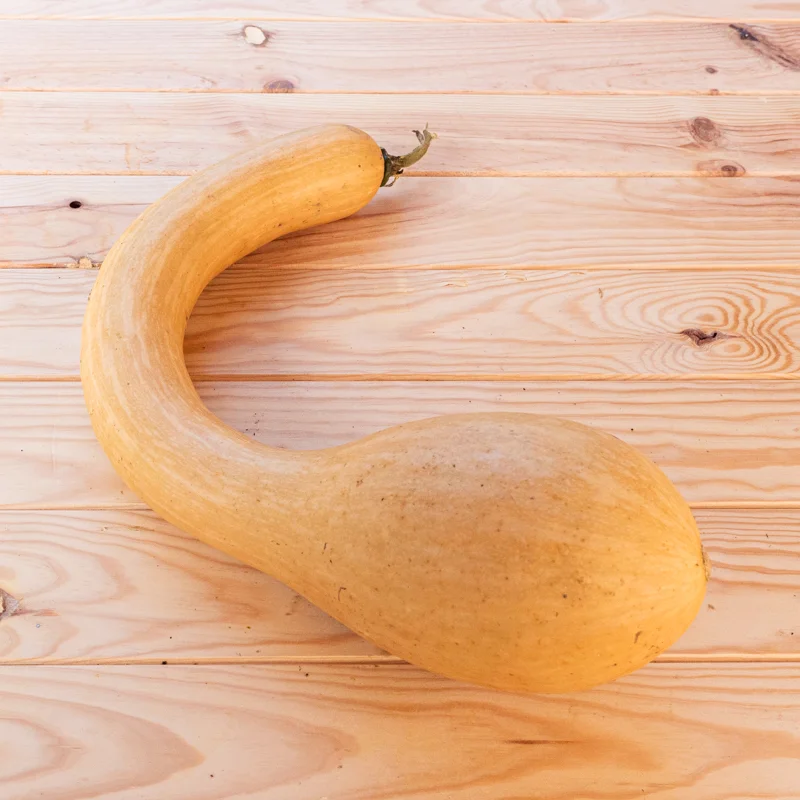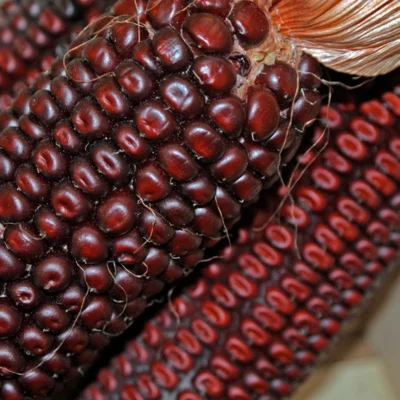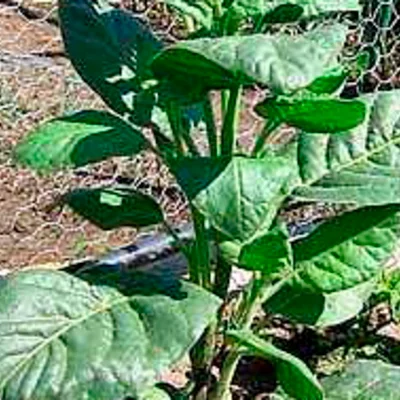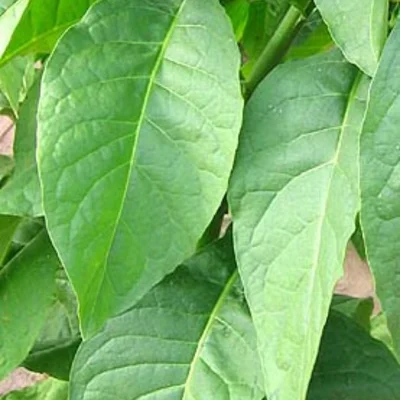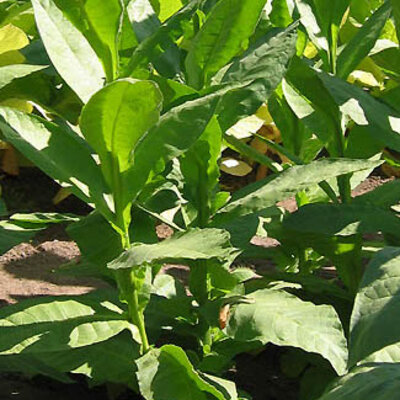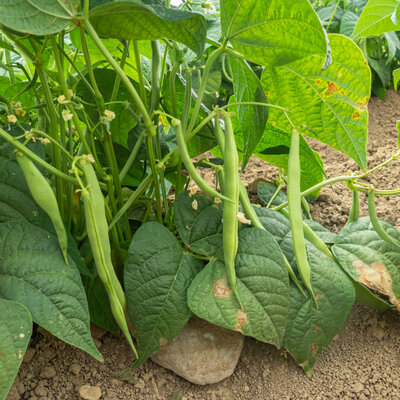Tromba d'Albenga - Moschata squash
This old variety produces 4 to 6 cylindrical, highly curved fruits, up to 1.50 m long and weighing up to 4 kg. They keep for up to a year. Their light-green skin, which turns ochre when ripe, encloses light-orange flesh.
Description of Albenga squash
Albenga squash, Cucurbita moschata, is an ancient variety of fruiting vegetable native to Italy. Also known as "Tromba d'Albenga" and "Tromboncino" squash, it was mentioned in Fearing Burr's 1863 Field and Garden Vegetables of America. It produces cylindrical, curved fruits up to 1.50 m long and weighing 4 kg. They end in a bulge containing the seeds. Their light-green skin, which turns ochre when ripe, envelops orange flesh with a slightly nutty taste.
Excellent for storing, this butternut squash can be eaten au gratin, in quiche, cobbler or soup.
Sowing Albenga squash
Albenga squash is sown in pots 2 to 3 weeks before transplanting, from March to May, in bunches of 2 to 3 seeds.
Place seedlings under a light shelter, at a temperature of between 18 and 20°C, and keep the substrate moist until the seeds emerge. Be careful not to sow squash seeds too early in the season, in which case the roots will become fibrous, making growth difficult in the garden. Transplant into the vegetable garden once the last frosts have passed.
From April to June, after the last risk of frost, it is possible to sow directly in the garden in 2 to 3-seed stacks.
Prepare 2 weeks in advance holes filled with compost or organic matter, spaced 2 m apart in all directions, to accommodate the squash plants or seeds. Mulch the soil to maintain sufficient humidity and limit water evaporation.
Place a crate or tile under the fruit, without damaging it, to isolate it from the soil and prevent rotting.
To encourage the development of squash, combine companion plants such as corn and beans (milpa). Plant basil between all types of squash to repel pests.
Harvesting and storing Albenga squash
Although Tromba d'Albenga squash fruits can be harvested and eaten immaturely, those intended for winter storage should be picked as late as possible, before the first frosts, from July to November, when the stalk begins to dry out and the skin becomes thick. Be careful not to pull them off, but cut as close as possible to the stem, 10 cm above the stalk.
Butternut squash can be stored for up to 1 year in a well-ventilated, dry place, at a temperature of between 10 and 12°C. Place the fruit, spaced apart and tail up, in high crates. They can also be frozen for up to a year, after slicing and cooking.
These products may also be of interest to you
in the ground, in bucket
Sow in pots at 18-20°C, 2 to 3 weeks before planting. Transplant with the root ball into the ground, after the last frosts, at a minimum distance of 2 m in all directions. To sow directly in the ground, sow after the last frosts, once the soil has warmed up. In both cases, prepare holes filled with compost or organic matter two weeks in advance to accommodate your seedlings or seeds.
March, April, May
April, May, June
July, August, September, October, November
in the ground
sunny
fort
all floor types
rich, furniture, fees, reheated, wet
Cucurbita moschata
late
From 1000 to 4000 g
12 seeds
elongated
farm
Ochre
edible
From 150 to 400 cm
From 120 to 150 cm
runner
Italy
"Field and Garden Vegetables of America
This ancient Italian variety is also known as "Courge d'Albenga" or "Tromboncino". It is mentioned in Fearing Burr's 1863 book "Field and Garden Vegetables of America" in the United States.
Fearing Burr



